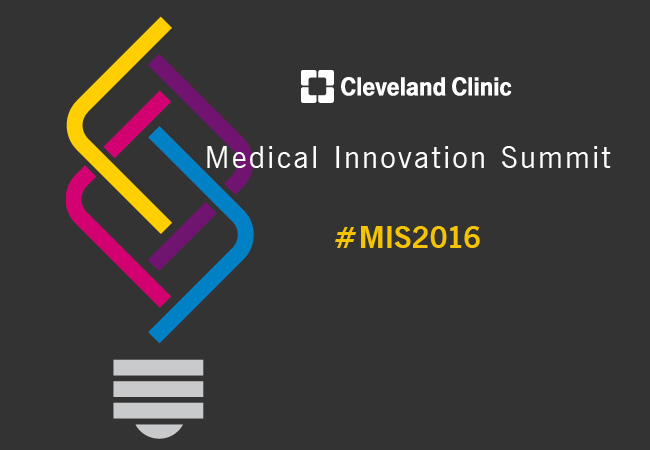The 14th annual Medical Innovation Summit was hosted by the Cleveland Clinic where over 1700 stakeholders showed up to view some of the best medical techniques and technology being used today and in the future. The Cleveland Clinic’s Medical Innovation Summit is the largest summit of its kind in the industry of healthcare. The highlight of this year’s summit was the first unveiling of some of the top medical innovations of 2016 through the first couple of months of 2017.
These medical innovations are touted as ideas that will change the lives of many patients forever. Here are our top 5 in order of the Summit’s importance:
1. The Use of Microbiome
The microbes in our bodies emit chemicals that affect how we digest our food, how diseases progress, and how our medicine is dispersed. Preventing dangerous microbe imbalances is the number one reason for this study, and Biotech companies who were previously focused on genomic markets are now turning their attention towards microbiome to help with new diagnostics, newer therapies, and higher quality probiotic products.
2. Diabetic Drugs that Reduce Cardiovascular diseases
Studies show that half of the patients diagnosed with Type 2 diabetes will suffer from some form of cardiovascular disease and die from those complications, by age 65. In 2016 two new medications came to the forefront that began to reduce those mortality rates, Empagliflozin and Liraglutide. Empagliflozin reduces the progression of heart disease by working with the kidneys and Liraglutide has an overall healthy affect on a wide range of organs.
3. Liquid Biopsies to Find Circulating Tumor DNA
Liquid biopsies assist in finding actual cancer DNA and floating circulating tumor DNA not yet connected to a cancer cell. These circular tumor DNA are far more in numbers and abundance within the blood stream than your regular cancer cells. Studies are still being conducted, but the cost of this liquid biopsy test annually is estimated to be 10 million dollars.
4. Ketamine for Treatment-Resistant Depression
There are 1/3 of depression patients who do not respond to medication. This could be fatal for many, as they suffer from many debilitating thoughts and illnesses. With nearly 43, 000 clinically depressed people taking their lives every year, the need for a medication that works is paramount. The drug that fits those needs may be Ketamine. Originally, a drug used for anesthesia, Ketamine targets and inhibits the action of N-methyl-D-aspartate (NMDA) receptors of the nerve cells. Studies showed that severely depressed patients who were treatment resistant, saw a 70% improvement in their depression symptoms in just 24 hours.
5. Self Administered HPV Test
Unfortunately, many sexually active women do contract HPV, the human papillovamavirus. This virus is now coming to the surface and getting a lot more attention in the media, as women are coming forward with their diagnosis. There are certain strands of HPV that are the cause of 90% of cervical cancer diagnoses. Scientists have now developed an at-home test so that women can privately test themselves for the virus. Testers can take the test and mail it back to the lab to be tested for early signs of HPV.
